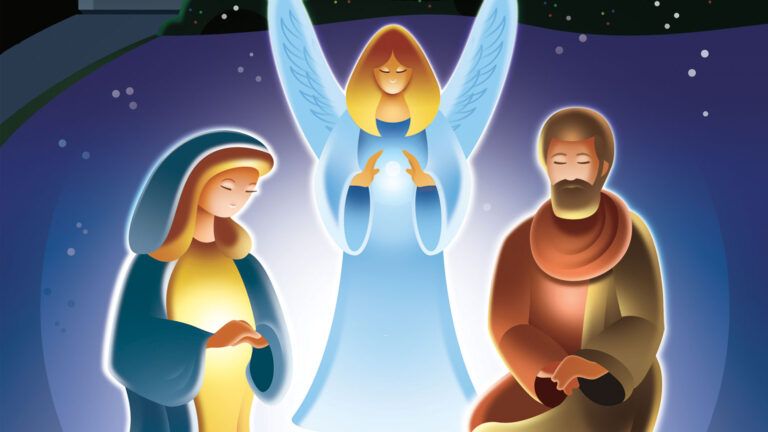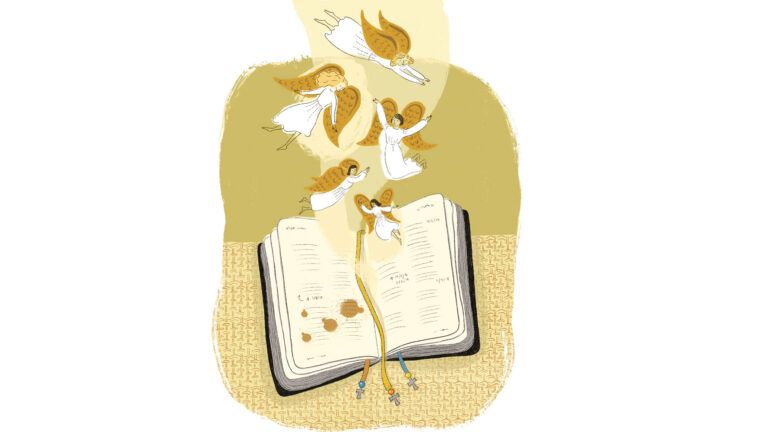What if you could come back and live your life all over again—this time as your own guardian angel? That’s the premise of the new book The Guardian Angel’s Journal by the English poet and writer Carolyn Jess-Cooke. In it, she suggests that time is not linear, but happening (as some physicists theorize) all at once: past, present and future.
In the first pages, the heroine has died (murder? suicide?) and to her surprise returns as an angel named Ruth. Her wings are made of flowing water that pours like tears down her back and that effortlessly record the stages of this angelic life. Her task? To take care of Margot from babyhood through death, to love her and shield her from harm.
The only problem is that she was formerly the Margot she is now given the task of protecting. She knows what will happen, and her efforts at changing Margot’s life—avoiding mistakes, escaping abuse, erasing self-hatred—all come to naught, not only because each human has free will but because this angel must learn to trust! All she can do is love the child and young woman she once was.
There is another great difference between the human she was and the angel observing and interweaving in her earthly life: This time around, as an angel, she gets to see the ramifications of Margot’s decisions, why something happened as it did, and how each person, even the most despicable of souls, is loved and guarded by their angels.
It is an interesting premise, and well told. The Guardian Angel’s Journal speaks to such questions as why the torturer exacts pain on another, and what purpose each life leads. There are demons creating havoc and a surprise ending about the ways of God.
Does the ending come across with the satisfying power of It’s a Wonderful Life? I won’t spoil this delightful and thoroughly original novel for you.
I have to admit, however, that I, with all my experience of guardian angels and the afterlife, do not believe we come back as our own protectors. In my experience, our guardian angels see everything, everywhere, and because they trust utterly in God—never turning their eyes from the fullness of that glory, energy, light and love from which their power comes—the angels are always urging us to “fear not.”
“Don’t be afraid,” they say. Ruth, on the other hand, is always afraid, always untrusting, always struggling to change events or make them work out her way, instead of trusting God. She doesn’t even like the Margot she once was, and she has no sense of divinity except (how Irish!) as a force that would send her to hell for loving too much.
I think perhaps this logical lapse may be necessary in order to create the conflict that a novel requires, but the ending comes as a shock, for nothing the angel has done prepares the reader for her prize, or for the sense, as you close the book, of a little holy light snuffed out.





